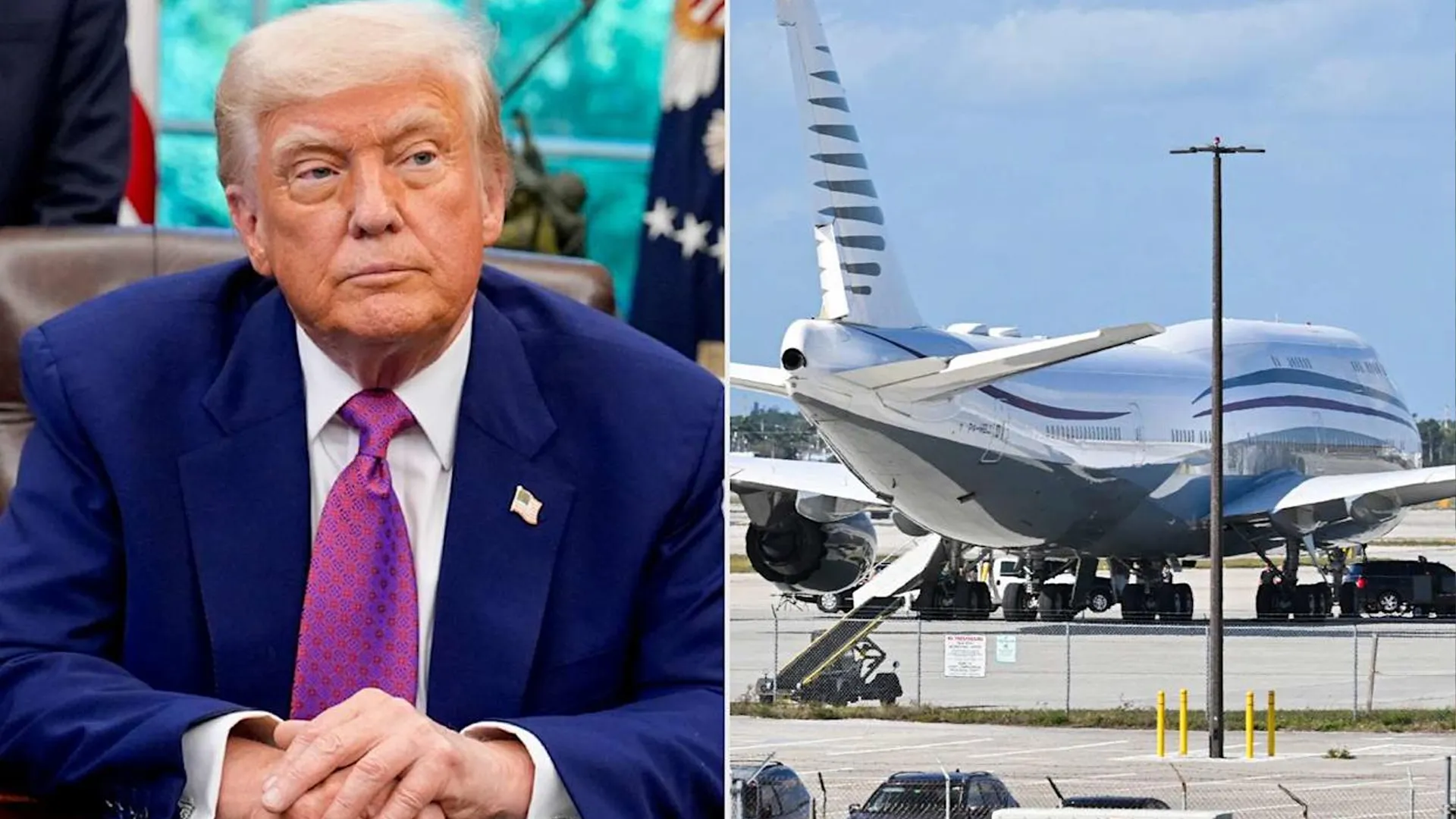The Trump administration’s reported purchase of a Boeing 747-8 plane from Qatar has sparked a Washington political scandal. While President Donald Trump characterized the deal as a benevolent gift by a Middle East ally, American defense and Qatari authorities have strongly rejected such an interpretation, noting that it was a defense agreement between two governments.
Conflicting Versions of the Deal
In January of 2025, Trump’s administration is said to have reached out to Boeing to replace the aging Air Force One jets. Boeing told them, however, that the new planes would be available in a minimum of two years. Fed up with waiting, the administration stepped up the quest for an interim solution. Donald Trump tasked his Middle East envoy, Steve Witkoff, to find other aircraft options.
The Pentagon, in collaboration with Boeing, checked aircraft in service with overseas customers. Qatar proved to be one of the possibilities, and U.S. officials made approaches for buying one of its planes. “And Qatar was one of the customers,” an insider disclosed, adding that the Pentagon “offered to purchase the airplane,” and Qatar consented to sell it.
Trump framed the situation differently in a Fox interview. “Boeing is extremely behind schedule with the plane. And Qatar heard that, and he’s a tremendous leader. And we were speaking, and he said, ‘If I can assist you, let me do that.’ And they had a plane,” Trump stated, suggesting a personal gesture.
Qatar Rejects “Gift” Narrative
Qatari Prime Minister Sheikh Mohammed bin Abdulrahman bin Jassim Al-Thani rejected Trump’s account of things, saying, “This is a very basic government-to-government agreement. It’s got nothing to do with personnel, whether on the US side or the Qatari side. It’s the Ministry of Defense and the Department of Defense.”
He underscored, “It’s not a personal gift” to the prior president.
Political and Security Fallout
The bipartisan reaction was immediate. Legislators from both sides of the aisle objected to national security and the legality of what others label an “illegal foreign contribution.” The argument is that even the appearance of Trump taking a $400 million aircraft from a foreign nation has diplomatic implications and possible breaches of the Emoluments Clause.
With the controversy at the forefront, the debate highlights increasing fears regarding foreign interference and openness in big-ticket political deals.






















